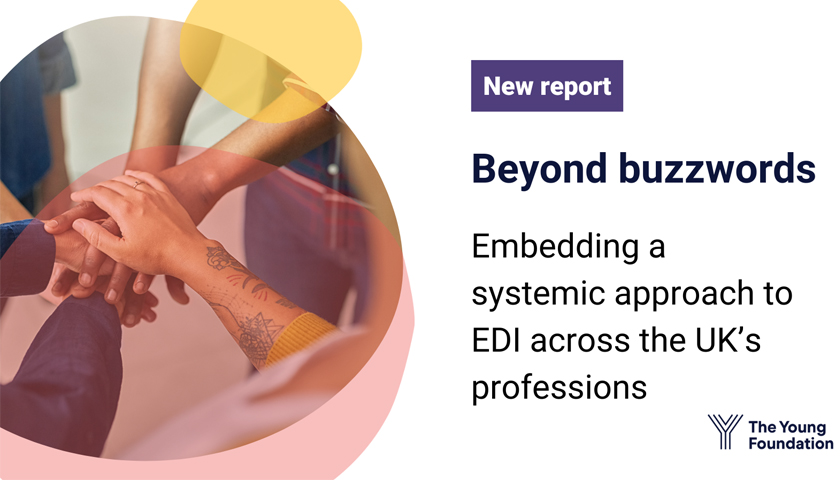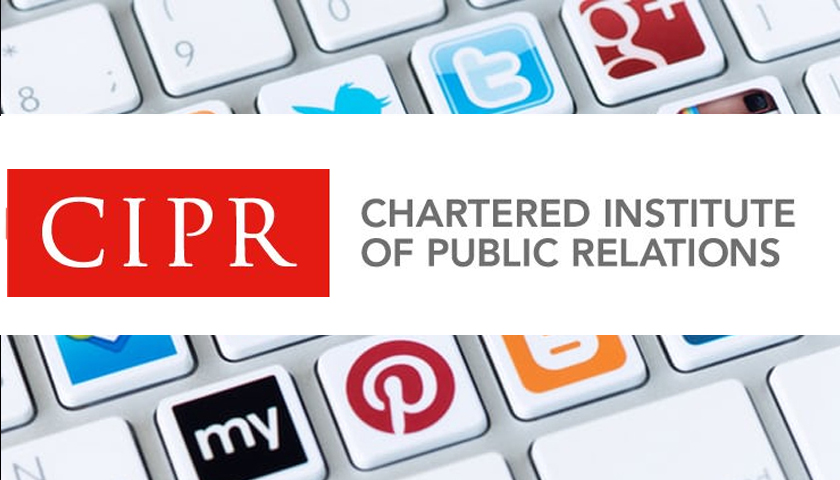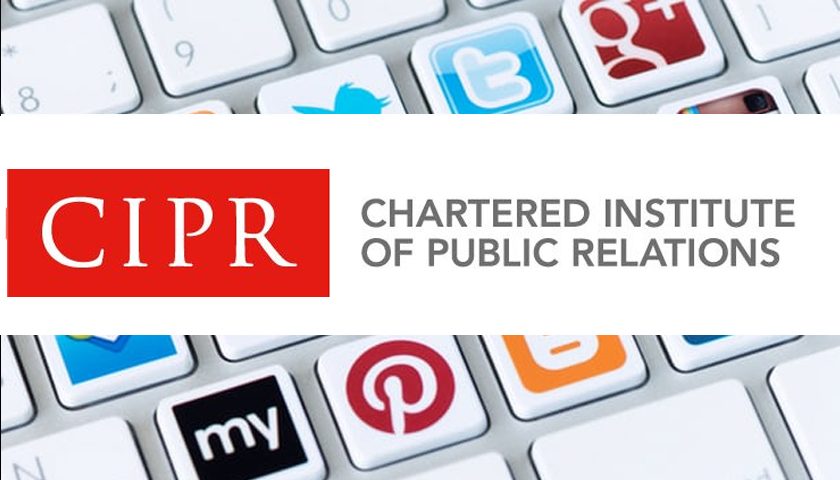New research from The Young Foundation, conducted on behalf of 12 professional membership and regulatory bodies, including the Chartered Institute of Public Relations (CIPR), reveals that while equality, diversity and inclusion (EDI) initiatives are increasingly commonplace, there is growing scepticism among professionals that these are ‘box-ticking’ exercises.
The report, Beyond Buzzwords, cautions that unless change is urgently prioritised, recent progress risks unravelling.
The research incorporates insights from more than 7,000 professionals across accountancy, engineering, health and safety, facilities management, human resources, insurance, law, management, procurement and public relations.
It finds nearly three-quarters of respondents had experienced barriers to career progression (73%) or some form of ‘discriminatory or exclusionary’ behaviour in their workplace since the start of 2019 (72%). Negative experiences were even more pronounced among those with multiple marginalised characteristics.
Key concerns emerging from the research include:
- Widespread scepticism that ambitious EDI goals are being translated into meaningful actions, with a perception that rhetoric and box-ticking exercises bring few tangible improvements. As a result, support for EDI efforts seems to be waning.
- Access and entry routes into many professions that remain challenging for people from minority backgrounds, with systemic barriers related to affordability of qualifications, accessibility issues, and lack of role models. This contradicts notions that professional success is based on merit.
- Many professionals feeling excluded from informal networks and opportunities to develop. More than half (53%) have considered leaving their employer or profession due to EDI concerns, related to feeling undervalued or having limited scope to progress.
However, the research shows that tailored solutions can have significant impacts. It reveals a range of initiatives viewed as effective when well-executed: from normalising flexible working and creating accessible learning resources, to targeted development programmes and removing biases in hiring.
To drive change, the report proposes professional and regulatory bodies can raise the bar for accountable, ethical professions with respect to EDI. It also includes further recommendations, categorised by audience, for organisations involved in this research, policymakers, employers, and individual professionals.
Ultimately, achieving systemic change demands multi-stakeholder commitments.
This report reveals an uncomfortable and alarming reality for many but that will not be news to those who have experienced discrimination in their workplaces. This isn’t an industry-specific problem and that is why this collective of professional bodies are working together. Chartered bodies are founded in a commitment to improving standards, and our research shows we are not yet properly delivering on our commitment to the public good or to acting in the interests of our own members.
Alastair McCapra, CIPR Chief Executive
The maths has been done countless times; we know inclusion is beneficial for any organisation’s culture and their bottom line.
Yet this report highlights how barriers to progress and discrimination against some groups are still highly prevalent. As professional bodies, we are dedicated to leading by example, collaborating effectively, and driving meaningful change, and I’m proud to be joining them to tackle this ‘say-do’ gap.
Inclusion in the workplace isn’t just a trend, it’s essential for organisations to thrive in today’s diverse and interconnected world. The sooner we realise we all stand to benefit, the better.
Ann Francke OBE, Chief Executive of the Chartered Management Institute (CMI)
The professional membership and regulatory bodies involved in the research:
- ACCA (Association of Chartered Certified Accountants)
- The Chartered Insurance Institute (CII)
- CILEx Regulation (CRL)
- The Chartered Institute of Personnel and Development (CIPD)
- The Chartered Institute of Public Finance and Accountancy (CIPFA)
- The Chartered Institute of Public Relations (CIPR)
- The Chartered Institute of Procurement & Supply (CIPS)
- The Chartered Management Institute (CMI)
- The Institute of Chartered Accountants of Scotland (ICAS)
- The Institution of Engineering and Technology (IET)
- The Institution of Occupational Safety and Health (IOSH)
- The Institute of Workplace and Facilities Management (IWFM)


